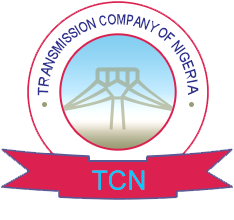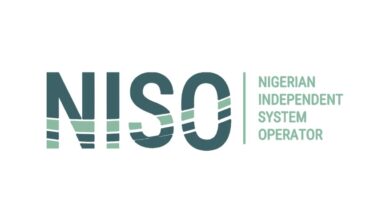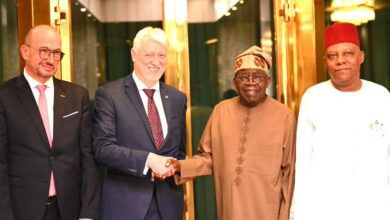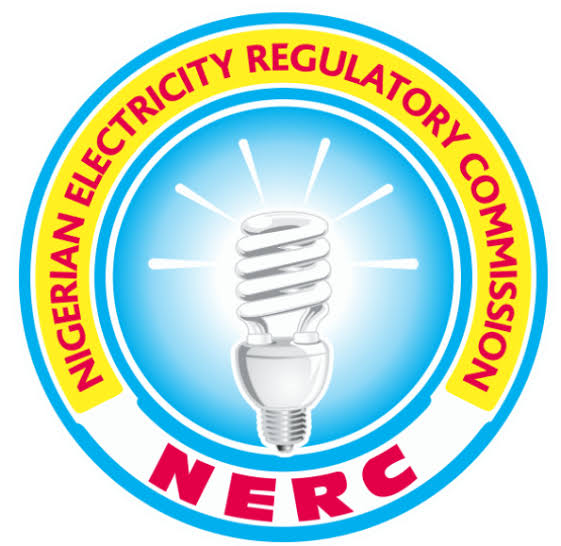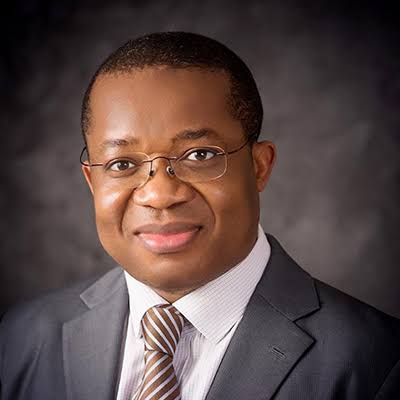
The Managing Director of the Azura Power West Africa, one of the generation companies in Nigeria, Mr Edu Okeke, has recommended a $500 million capital base for each of the Distribution Company (DisCo) operating in the country.
Mr Okeke who spoke on Thursday at the 4th Edition of the Annual Workshop of the Power Correspondents Association of Nigeria (PCAN) in Abuja, stressed that the capitalisation would ensure the liquidity of the power sector, and stabilise the capital structure of the DisCos.
He said, just as the Central Bank of Nigeria (CBN) has raised the capital requirements for banks to ensure their stability and capacity to serve, the Nigerian Electricity Regulatory Commission (NERC) should mandate similar capitalization standards for DISCOs.
Mr Okeke said, no DisCo should operate without at least $250million in shareholder funds.
“As things stand, even with tariff adjustments, many DISCOs struggle to pay their total bills to the entire value chain. This is largely due to their lack of capacity to make the necessary investments to recover costs effectively. To enable meaningful progress, DISCOs must be adequately capitalized.
“Unfortunately, most DISCOs have negative equity, leaving them with little or no financial stake. This situation must change. Ideally, No DisCo Should Operate without at least N250m in shareholder funds.
“Just as the Central Bank of Nigeria has raised capital requirements for banks to ensure their stability and capacity to serve, the Nigerian Electricity Regulatory Commission (NERC) should mandate similar capitalization standards for DISCOs.
“Many DISCOs also carry a heavy burden of debt, accumulated over time through a mix of operational challenges and systemic issues. To truly address this problem, the Government needs to come clean and take a decisive step.
“My recommendation is a two-pronged approach: to consider removing these debts from the DISCOs’ books and mandating them to increase their capital by at least USD 500 million each.
“This will require existing shareholders to dilute their holdings to attract new investors with real capital to invest in infrastructure — not just on paper, but in transformers, cables, and equipment to serve customers reliably,” Okeke said.
He expressed the critical need for stable power supply in Nigeria, if the country must make any meaningful progress.
“Without stable power, our industries are bound to the cost and inefficiency of diesel generators, which ultimately makes our locally-produced goods more expensive than imported alternatives.
“This imbalance discourages local production and contributes to a widening trade deficit, depreciating currency, and persistent inflation. Stable power is not merely a convenience but the engine that drives our economy,” he said.
Speaking on the theme of the workshop, “Nigeria Power Sector: Ending the Talk, Moving to Action”, the MD said, “moving from Talk to Action Today is not one to recount the issues we know too well, but to urge action. The steps I have outlined, may be challenging, but they are achievable and necessary, if we are to transform our power sector from a burden into an engine of economic growth. Stable, reliable power is a prerequisite for any meaningful development in Nigeria, and it is within our reach.”
On his part, the National President of the Association for Public Policy Analysis (APPA), Chief Princewill Okorie, said twelve years after the privatisation, the sector still struggling around 4,000 megawatts of electricity with high level of corruption, consumer extortion and exploitation through Metering and billing Policies.
He submitted that in 2020 about N200 billion was earmarked for National Mass Metering Policy (NMMF ) which is yet to be accounted for.
“We were told that it was to be implemented in three phases to improve collection and reduce losses. At the pilot_phase, N59 billion was disbursed to the eleven Distribution under the programme. How many meters were distributed? Who are the beneficiaries? How much revenue has been generated as a result of Provision of meters that were meant to reduce losses?
“What has happened to the remaining amount after N59 billion was removed from 200 billion? Has the National Mass Metering Program ended? Instead of getting answers to those pertinent questions, we now hear that 1.8 million meters are being procured by the Federal Government.
“Consumers are placed in bands that make them pay exorbitant bills without getting the light. The same consumers are told to buy meter under meter assets provider (MAP) with the promise of getting refunded through energy credit which is not done after consumers pay for meters. They are made to pay meter acquisition fund,” he lamented.


